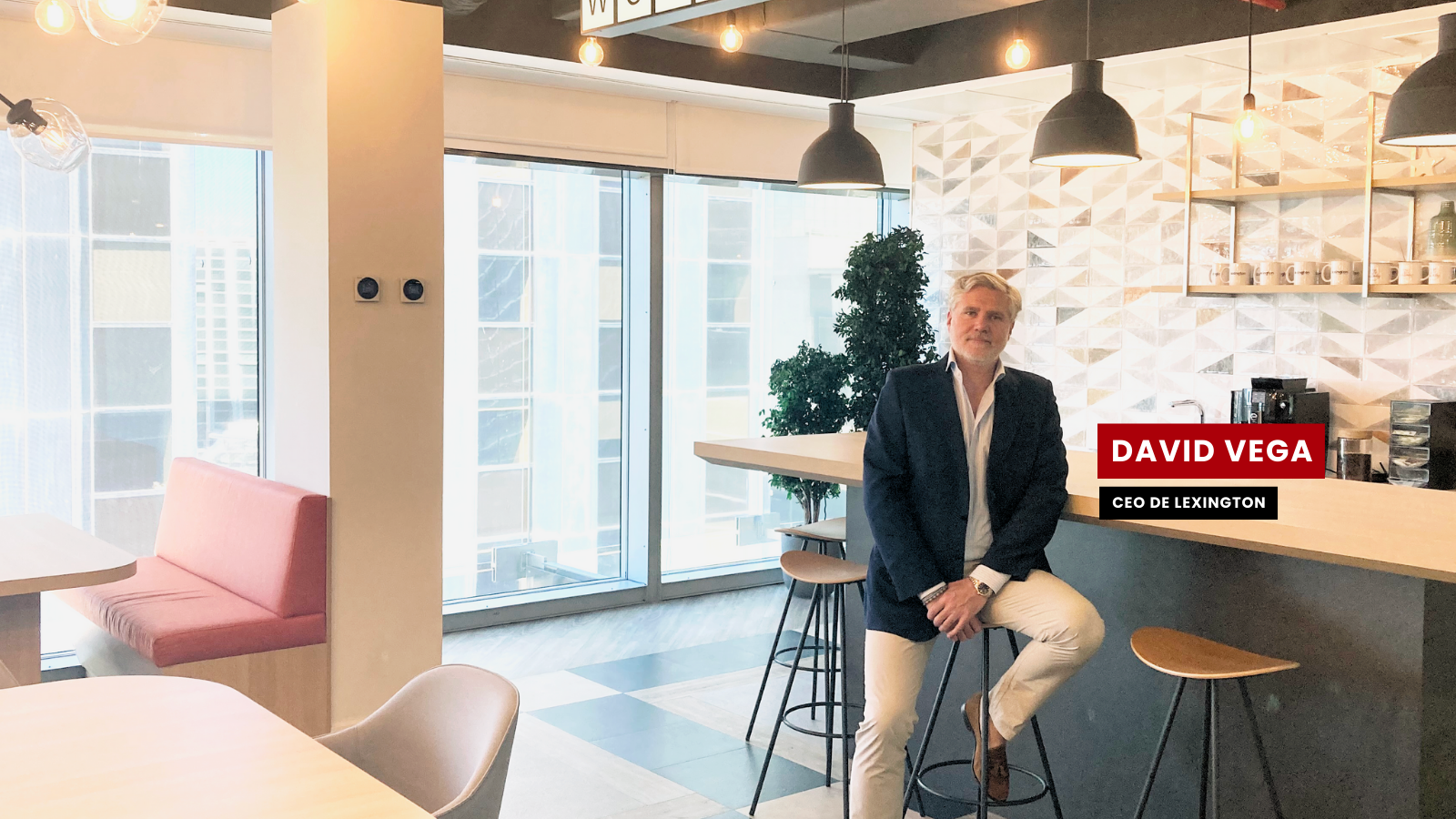



Until recently, it would have been difficult to imagine that the work model would undergo such a radical transformation, adapting to the growing demands for flexibility, connectivity, and well-being of employees and future generations of workers. The reality is that the traditional labor paradigm, characterized by full presence and rigid schedules, is at a turning point in the face of today's needs. And it is in this terrain where we pose the following question: are the reasons for still going to the office changing?How will the office of the future be?
You might be interested
You might be interested
Coffice: The New Trend for Workspaces

Marina Guerra
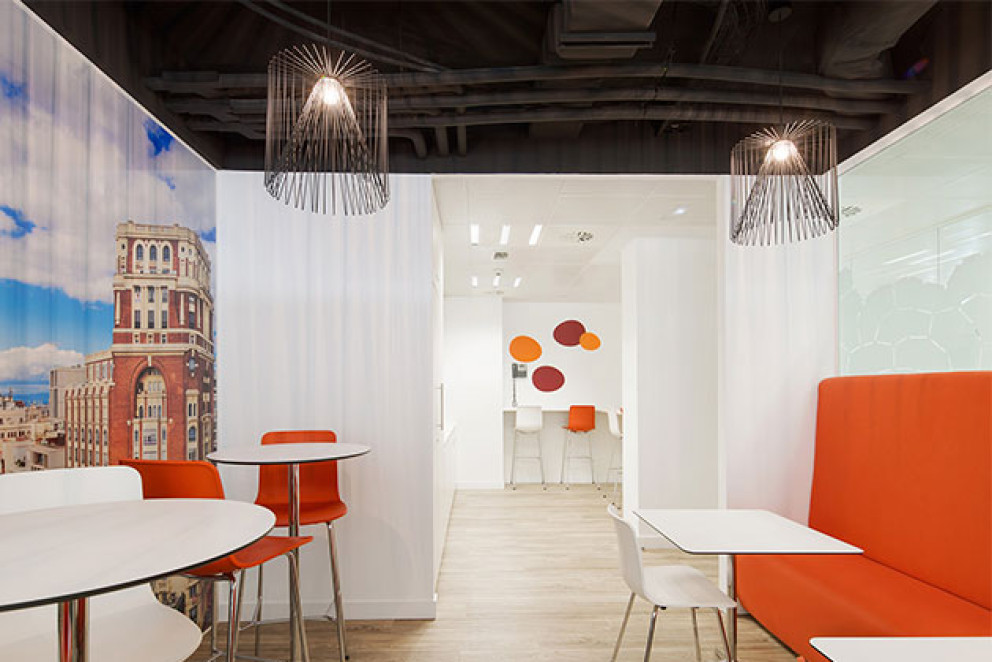

You might be interested
You might be interested
The design of corporate offices directly influences productivity. Discover the main features of an office 10

María Elipe
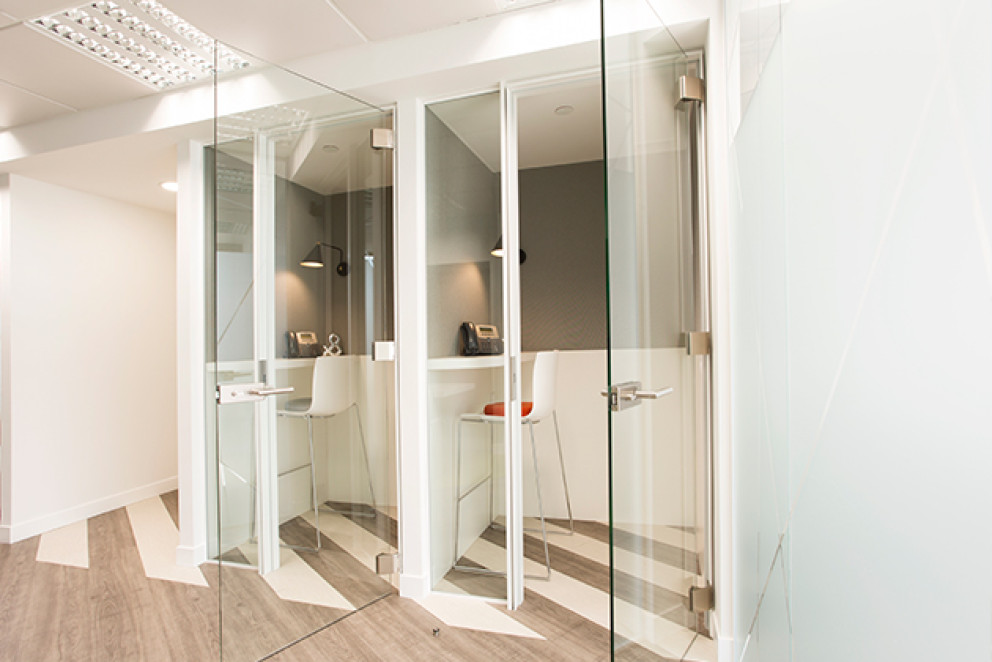

You might be interested
You might be interested
4 key principles for the office of the future

Soraya Albaladejo
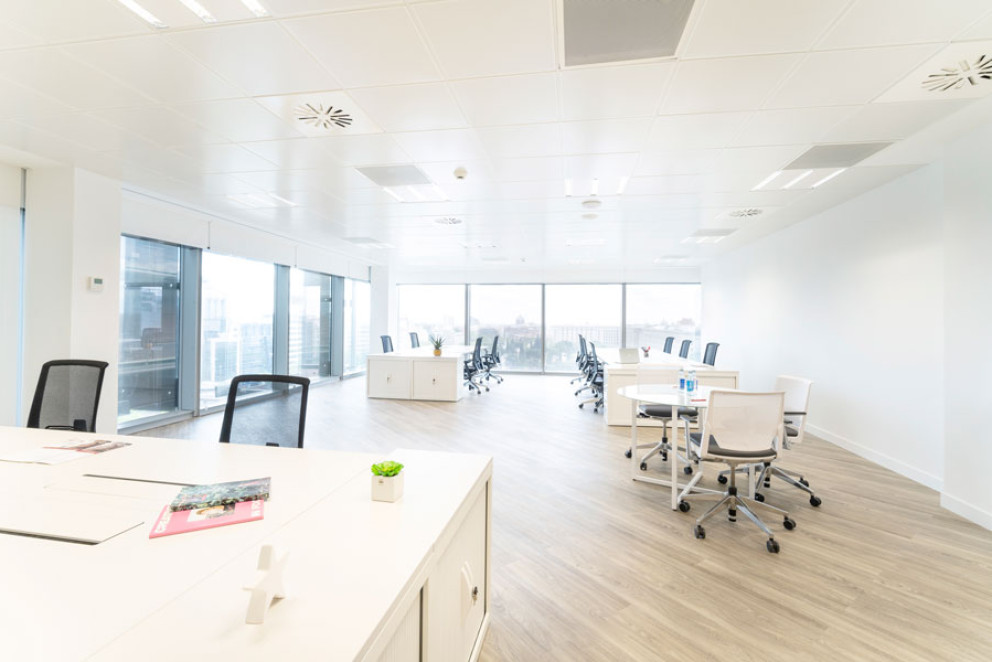

The transformation towards more flexible workspaces is not simply a response to current circumstances, but a strategic change that responds to the evolution of society and technology itself. So, in response to our question: yes, we no longer go to the office just to perform tasks, but we choose this space because it is a dynamic environment that becomes a facilitator of creativity, collaboration, and employee well-being thanks to its format, design, and services. It is also a significant contributor to the learning of younger generations, who would otherwise miss out on important references in this crucial process for professional development.
The design of flexible offices involves a holistic approach that goes beyond the layout of desks and meeting rooms. Instead of adopting a static model, companies are beginning to demand multidisciplinary spaces, shared work areas, and areas dedicated to creative collaboration. Versatility and adaptability should be the fundamental pillars in the conception of these spaces, allowing employees to have offices tailored to meet the specific needs of their tasks and to stimulate their daily productivity.
At Lexington, we understand that the customer is the top priority. That's why we believe a truly flexible space is one that can be adapted and personalized to accurately reflect the image a brand wants to project to its external audiences and the experience it wants to convey to its internal teams.
In this context, it's impossible for the office of the future not to rely on technology, which plays a crucial role in the creation and modernization of flexible spaces. Nowadays, it's unthinkable to work in workspaces that don't have systems ensuring data security, software enabling interaction with other users in the Community, or hybrid training rooms for conducting meetings with part of the team in person and others remotely. The technological infrastructure must be robust and accessible, allowing employees to work effectively and securely from anywhere and at any time.
Office management entails a shift in business mentality and constant evolution. The modern worker increasingly demands flexibility policies that go beyond mere permission to telecommute. The health and well-being of employees are central aspects in flexible office management. Green spaces, rest areas, and the integration of nature into design are key elements to build environments that foster well-being.
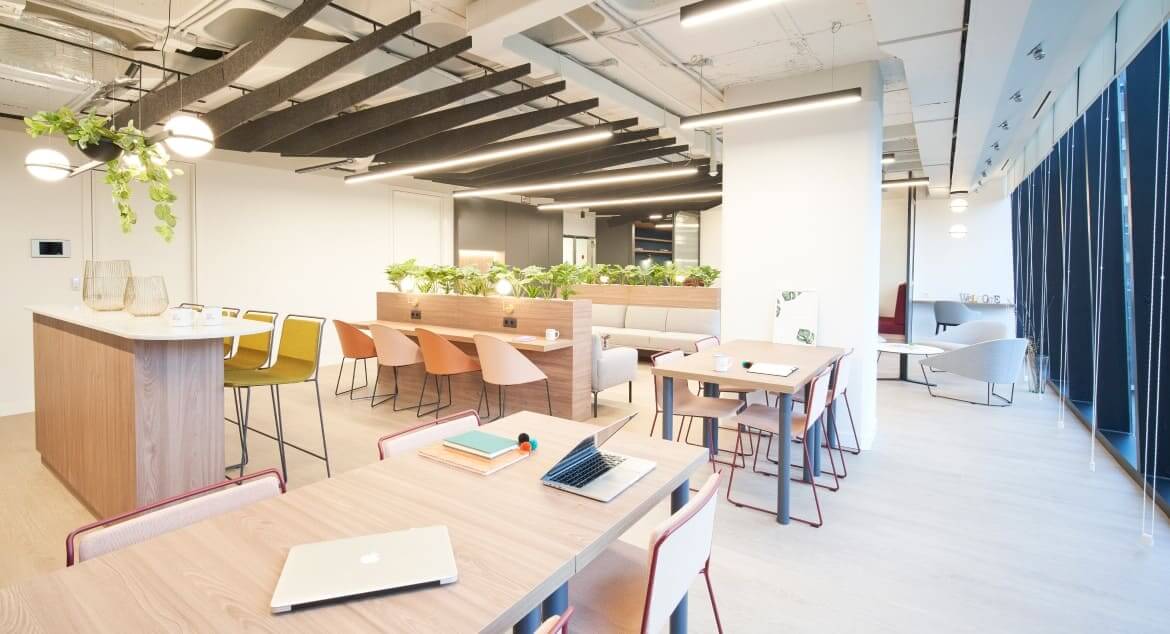
📍 Lexington Príncipe de Vergara 132
The transition to flexible offices doesn't necessarily mean abandoning in-person work; rather, it implies a redefinition of the importance and purpose of the office.
At Lexington, we believe that the hybrid model can be successfully implemented with the flexibility and autonomy provided by flexible offices.
In this journey towards the evolution of the work model, the key lies in approaching transformation with an open and empathetic mindset. It's crucial to stay updated on current needs, prioritizing talent attraction and retention. Adaptability and responsiveness become essential assets to make the most of the opportunities offered by the shift towards a more flexible work environment. At Lexington, we are committed to ensuring that our flexible offices are spaces that inspire collaboration, innovation, and well-being for companies and their teams.
Written by

The one and only CEO in Lexington, David is the essence of our #RebelDNA. It’s in his blood! He probably knows everything about flexible workspaces and how to find the best combination between workplace strategy and talent. He’s the one behind every improvised plan with the team and this big family we are at the office. The best? Indeed.
Related articles
Get up to date with flex
Subscribe to our newsletter to make sure you don't miss anything. On trend content you’ll be interested in.
Contact us
Request information
Solicitar información free pass
Request a quote
Visit our spaces
Trabaja con nosotros
Contact us
Work in a flexible space.
Optimize on costs compared to a conventional office
Estimation of costs compared to conventional office hire
0 people Office for
Select
5 people
10 people
15 people
25 people
Select a number of people and we’ll show you the expenses included in our flexible office hire.
Conventional office
Operational costs and supply costs:
€/month
+ opening expenses
Flexible office
Operational costs and supply costs:
Included
No opening expenses
Included in the monthly bill
€517.01/person
0€
2.264,24 €/person
0€
523,69 €/person
0€
Guarantee bond
6 months
Deposit
2 months
Since
12 months
Since
1 month
2-6 months
2 months
Request a quote